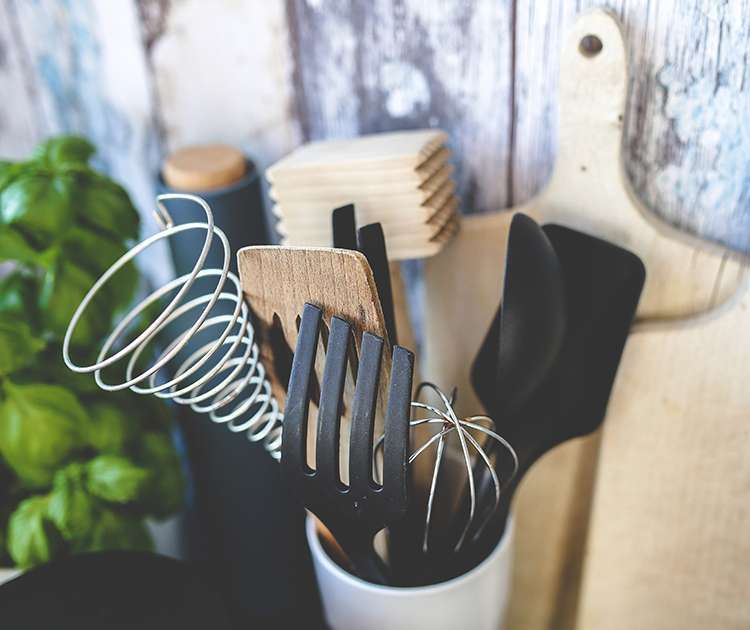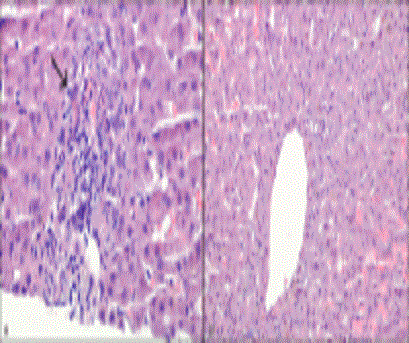


Your kidneys are a vital organ. They filter extra water and waste products from your blood and keep the levels of sodium, potassium, and phosphate stable. The kidneys also make hormones that regulate blood pressure, make red blood cells, and keep your bones strong.
When your kidneys are damaged, they can no longer filter your blood, and excess wastes can build up causes catastrophic effects. That’s why it’s important to understand what can cause kidney disease. The top two causes are diabetes and high blood pressure. Both are directly affected by diet and weight.
Being overweight or obese can cause a variety of health problems, which can have a snowball effect. Here are just a few of the health problems that are linked to being overweight or obese:
- Type 2 diabetes
- Heart disease
- Stroke
- High blood pressure
- Certain cancers
- Kidney disease
How to tell if you’re overweight
There are two main ways to tell if you are overweight or obese. One is your body mass index (BMI) score and the other is your waist size.
Body Mass Index (BMI) is a measure of your body fat based on your weight and height. You can use this calculator to find your BMI: https://www.nhlbi.nih.gov/health/educational/lose_wt/BMI/bmicalc.htm
- normal weight: BMI of 18.5 to 24.9
- overweight: BMI of 25 to 29.9
- obesity: BMI of 30 or higher
Waist size plays an important part as well. For women, it’s recommended to keep waist size under 35 inches. For men, ideal waist size is under 40 inches. Having excess fat around the waist, in particular, can increase health risks.
How to prevent weight gain or lose weight
Eating a healthy, balanced diet can do a lot for your health. One good rule of thumb is to use moderation in everything you consume. Unless you have kidney disease, there are two things that you can’t have too much of: water and above-ground vegetables. Everything else you eat, including fruits, meats, and dairy products should be in moderation.
If you have kidney disease, then you need to follow a very specific diet. Stop here and visit this link to read exactly what to eat and what to avoid.
Fruits aren’t necessarily bad for you, but they can be high in sugar, so use moderation. The same goes for root vegetables such as potatoes.
Meats can be high in fat, so be sure to buy lean meats like chicken breast, turkey, or fish. Beans and avocado are a great source of protein and can sometimes be substituted for meat.
Dairy products can be high in fat, but Greek yogurt and cottage cheese are a great option. Just make sure you read the label and avoid buying yogurt that’s high in sugar. Eggs are a great source of protein.
Processed foods and snacks, like pasta, bread, chips, and cookies, can be high in sugar, carbohydrates, sodium, and fat. It’s best to avoid those items. Alcoholic beverages and sodas should be consumed sparingly, if at all.
In addition to eating healthy, it’s important to stay active and exercise. Whether your goal is to prevent weight gain or lose weight, diet and exercise are absolute musts!
To learn more, visit some selected resources below.
https://www.health.harvard.edu
https://www.niddk.nih.gov/health-information/weight-management
https://www.niddk.nih.gov/health-information/weight-management/health-risks-overweight#addLinks
https://www.choosemyplate.gov/dietary-guidelines
https://www.niddk.nih.gov/health-information/urologic-diseases/kidney-stones/eating-diet-nutrition
https://www.niddk.nih.gov/health-information/weight-management/just-enough-food-portions


